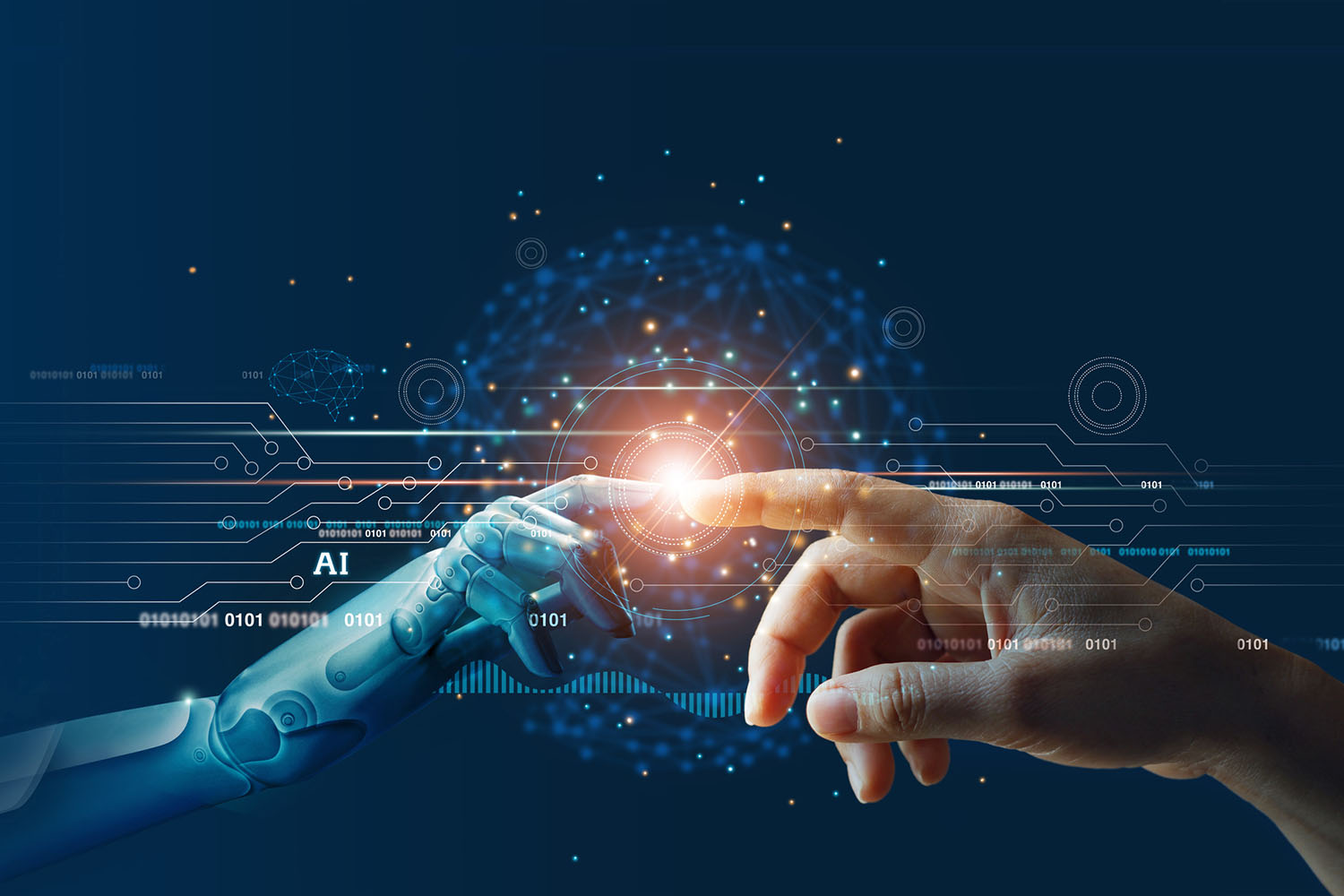Decades back we never thought that we could command a wrist watch to read heartbeats, count our steps and watch the calories burnt.
But now we can. Thanks to Artificial Intelligence.
The pace with which healthcare providers are adapting AI to stay afloat in an ocean of deep machine learning to make their countless services accessible in our lives is remarkable.AI in assisted healthcare is for everyone
AI Gadgets, health monitors and health app chat bots can help a common man check on potential health risks from the very beginning.
These apps transfer the same collated medical data & insights to a designated system which is then processed by the clinicians to further study to foresee health concerns patterns and preventive treatments.Early Detection & Diagnosis
The prime objective of AI in healthcare is to accurately detect a potential disease at the earliest stage possible and contribute towards its treatment in time.
From forecasting a disease to providing Surgical Robots, AI can be a constant game-changer.
Reduction in cost & time involved
Data which typically is too complex and unstructured for human interpretation, AI technology can accurately analyze and compare its many err-free outcomes. It can even repurpose the existing data. Real time user generated data can notify clinicians with faster updates and remove repetitive tasks to seek tailored solutions in less cost and even lesser time.
Natural Language Process
NLP applications can help gather unstructured clinical data for a better comprehension of insights and customized treatments to save lives.
NLP analyses different forms of language, speech notes, text, clinical documents and translates it to assist providers to devise treatments quickly.AI in hospitals
With AI, automation of many time-consuming processes, that both staff or patients go through otherwise, can be minimized.
Documentation, billing, Mediclaim, medical records & file system all can be easily streamlined just by prompting a command.











































